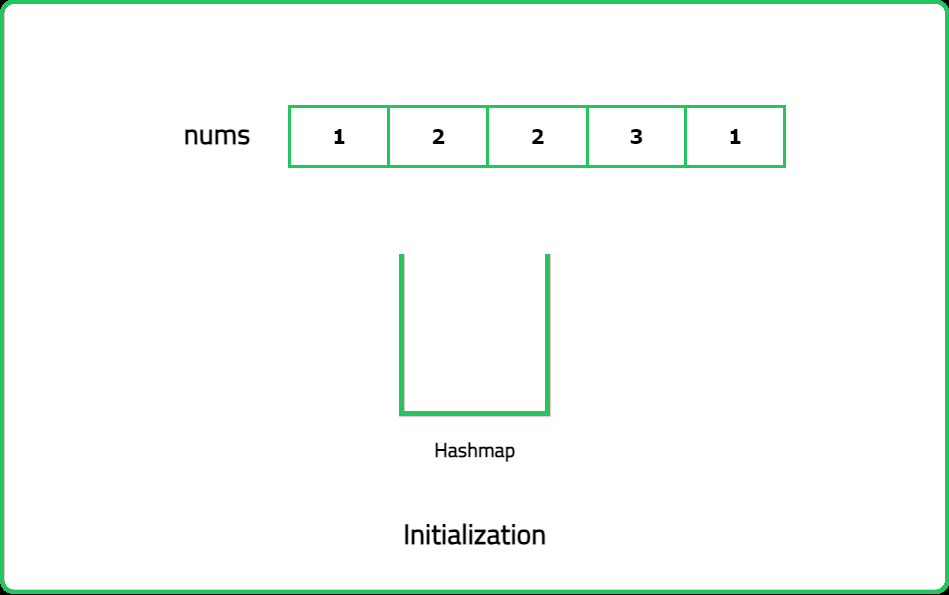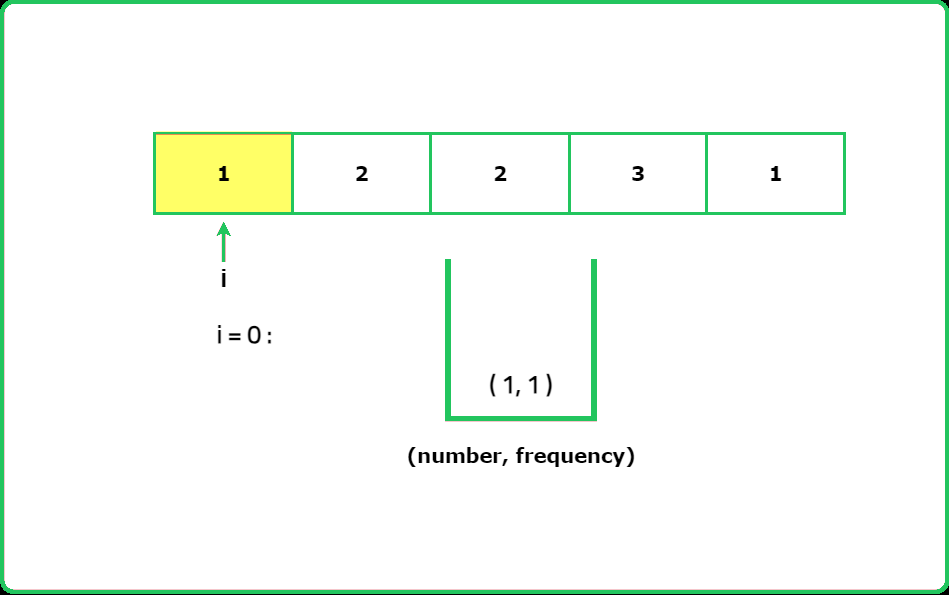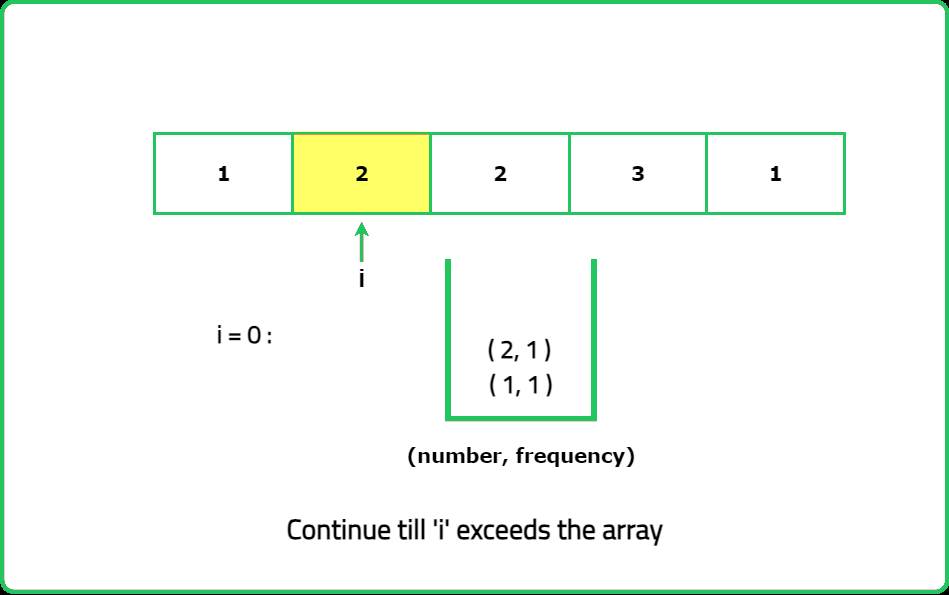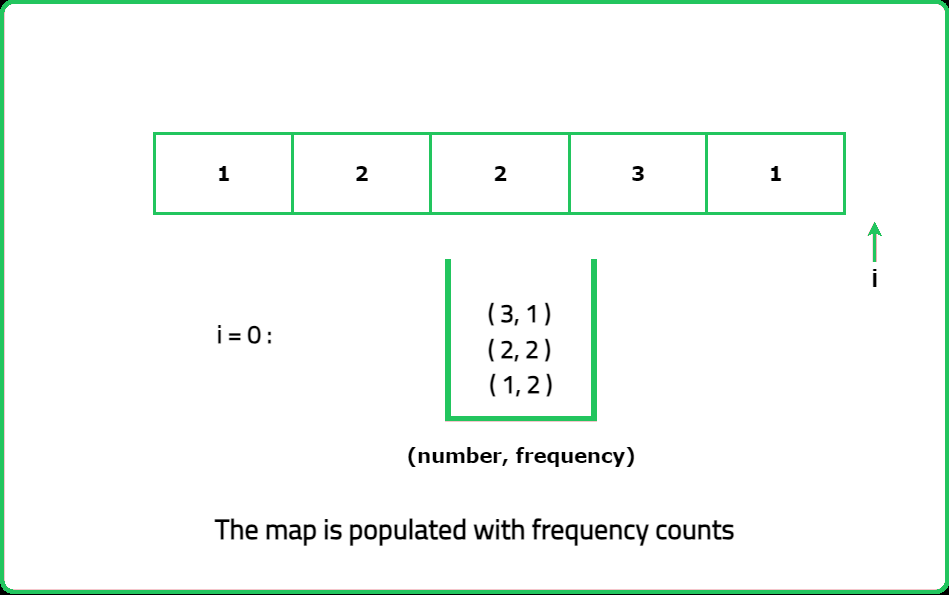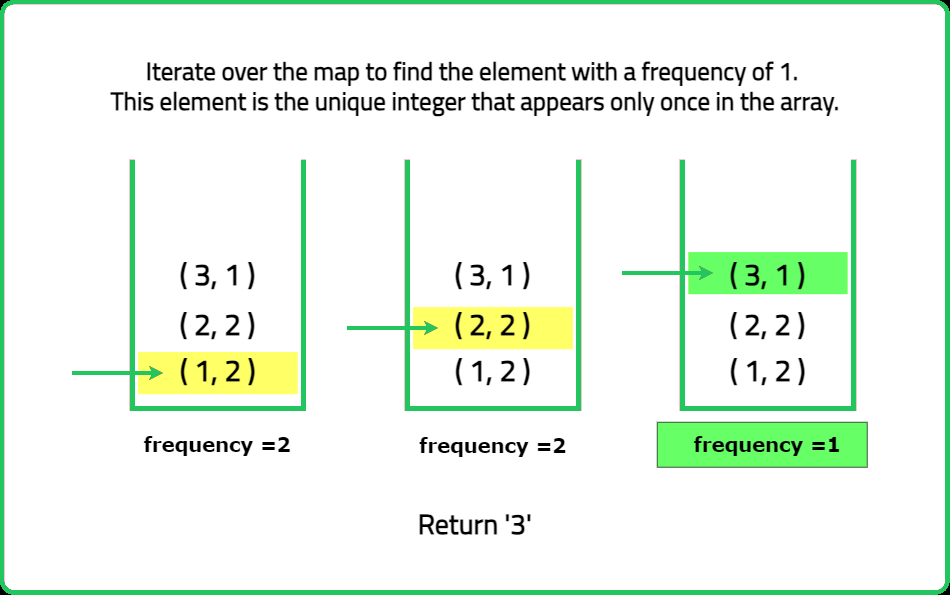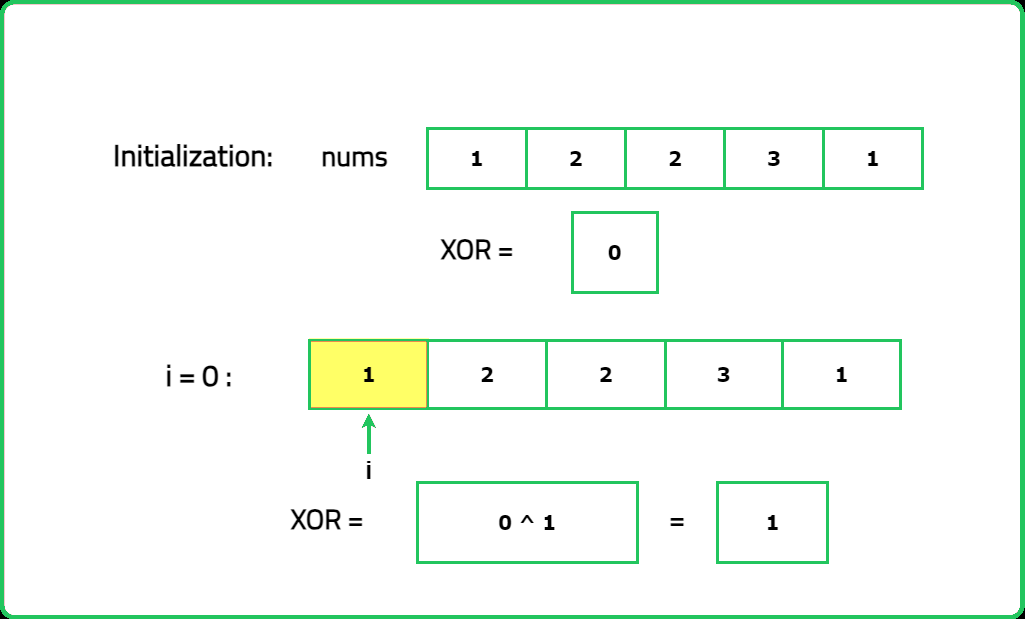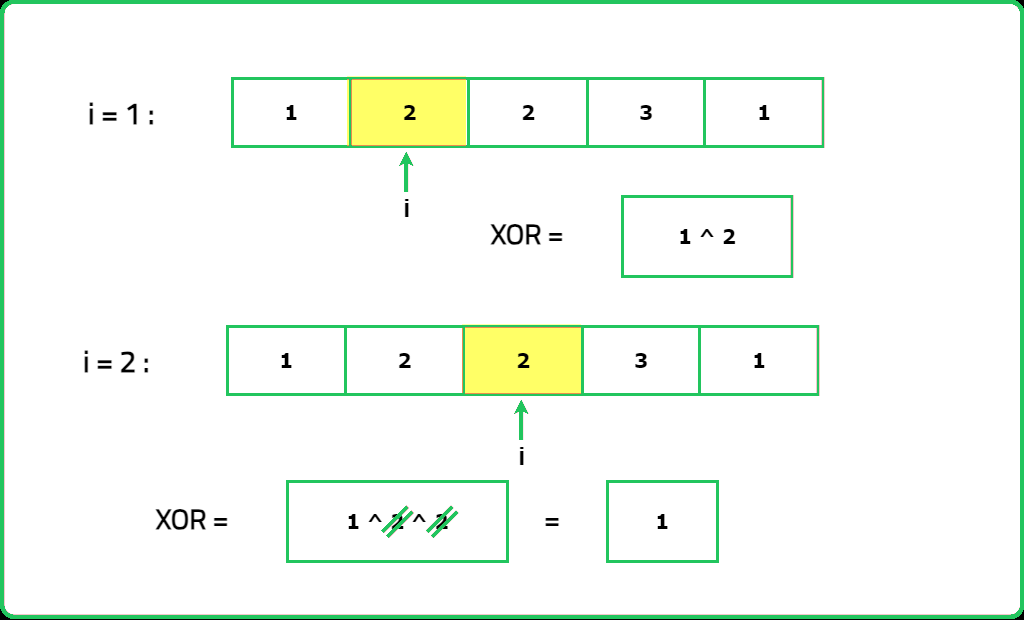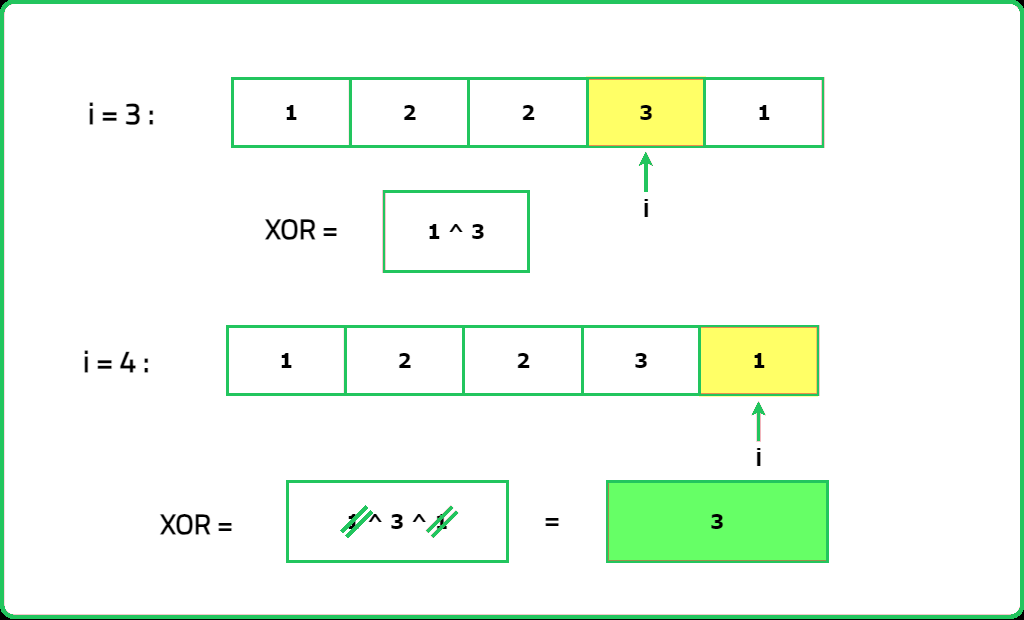Single Number - I
Bit Manipulation
Problems
Medium
- This problem is a simplified version of the one faced by data scientists and software engineers while working with big data
- It's common in data analysis to encounter datasets where most entities are duplicates and a single unique item must be found
- Efficiently solving this problem is an important aspect of tasks like data deduplication, where you want to find and remove duplicate data in databases to improve data quality, or anomaly detection, where the aim is to find data points that are different from the majority to identify potential issues or insights
- It is certainly a fundamental concept in the world of big data handling and manipulation
Given an array of nums of n integers. Every integer in the array appears twice except one integer. Find the number that appeared once in the array.
Examples:
Input : nums = [1, 2, 2, 4, 3, 1, 4]
Output : 3
Explanation : The integer 3 has appeared only once.
Input : nums = [5]
Output : 5
Explanation : The integer 5 has appeared only once.
Input : nums = [1, 3, 10, 3, 5, 1, 5]
Constraints
- 1 <= n <= 105
- -3*105 <= nums[i] <= 3*105
Hints
- When you XOR all the numbers in the array, the duplicate numbers cancel out, leaving only the unique number.
- Traverse the array and XOR all the elements together. At the end of the traversal, the result will be the number that appears only once because the XOR of duplicates will be zero.
Company Tags
Byju's
Optum
Roblox
Instacart
Wayfair
Zoho
Roche
Philips Healthcare
Teladoc Health
HCL Technologies
Visa
Texas Instruments
Activision Blizzard
IBM
Freshworks
GE Healthcare
OYO Rooms
Intel
Rakuten
Cerner
Twilio
Zynga
Cloudflare
Docker
JPMorgan Chase
Google
Microsoft
Amazon
Meta
Apple
Netflix
Adobe
